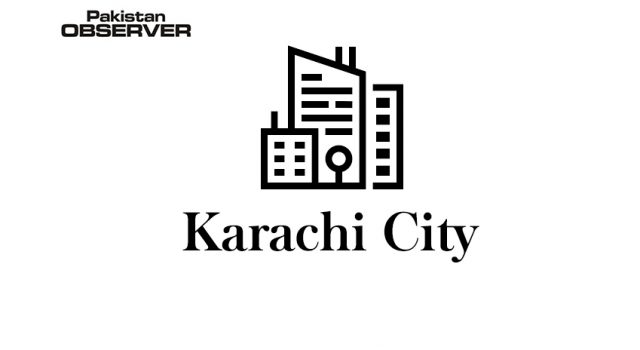Pakistan’s largest private-sector power distribution company K-Electric saw its liabilities (what it owes) surge by 44% to Rs384 billion in 2019, according to the company’s annual report published last week. The company said government entities and departments didn’t pay their bills, therefore, receivables continued to accumulate. On the other hand, KE ensured payments to key fuel suppliers and power producers, including SSGC and PSO, to ensure continuity of business operations. Not making these payments would ultimately result in increased load-shedding, it added. “However, these payments have been made on the back of increased borrowings to fund operational and working capital requirements of the company,” the report said. The company’s obligatory payments for long-term financing increased to Rs41 billion from the previous year’s Rs11 billion and short-term debt grew to Rs72 billion, up from Rs41 billion of 2018. However, the company’s net profit increased by 40% from Rs12.3 billion to Rs17.3 billion and revenues grew 33% to Rs289 billion compared to the previous year’s Rs217 billion. The CEO’s remuneration increased 27% to Rs58.9 million in 2019, up from Rs46.2 million from the preceding year. Director remuneration doubled from Rs5 million to Rs10 million while paycheques of other executives also got fatter.









